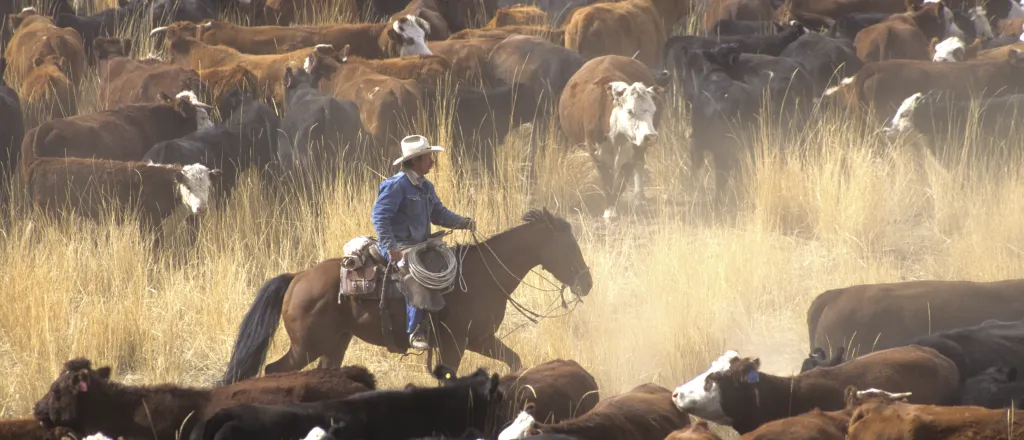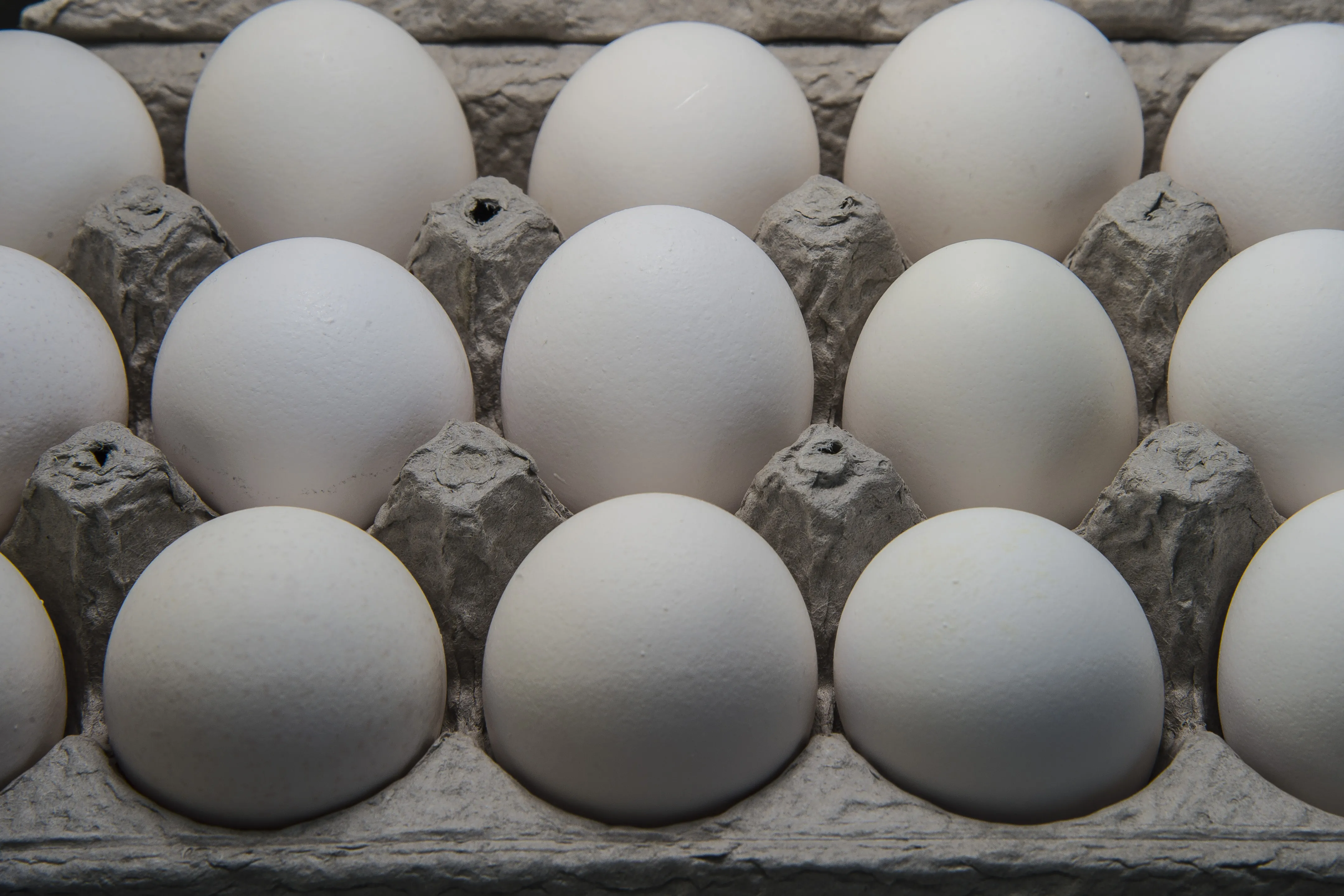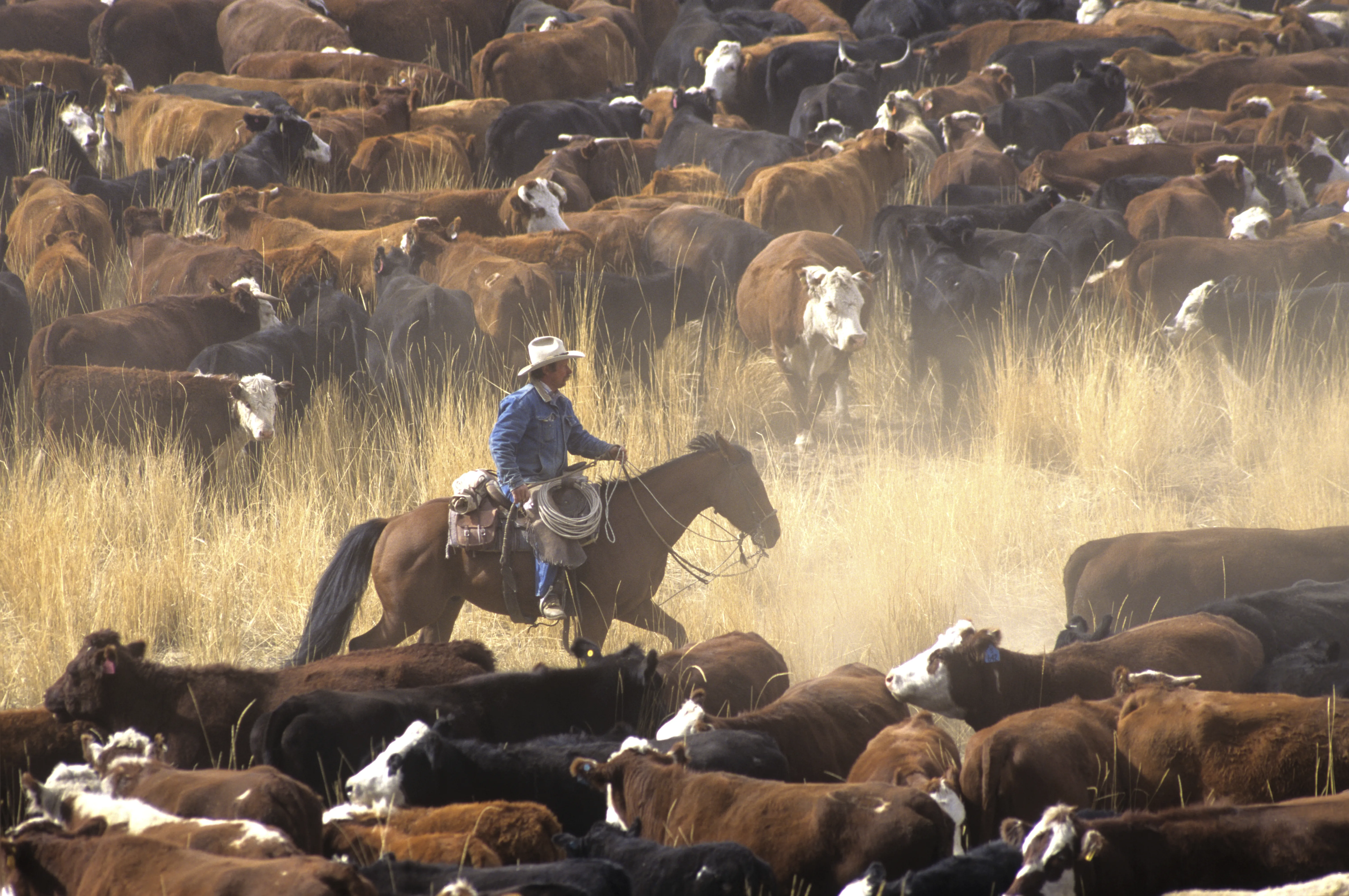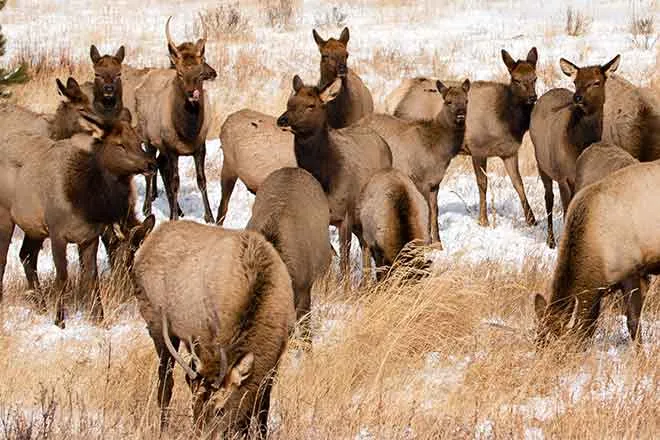
Proposed meat packing plant would help cattle farmers, consumers, group says
David Beasley | The Center Square contributor
(The Center Square) – A proposed new meatpacking plant in North Platte could help Nebraska’s cattle farmers and consumers, Pete McClymont, executive vice president of membership for nonprofit group Nebraska Cattlemen, has said.
Sustainable Beef LLC is proposing to build the plant, which would employ 875 people, the North Platte Telegraph reported. The plant could process 400,000 head of cattle each year.
Meat-packing capacity has been declining for nearly three decades, said McClymont whose family has been raising cattle since the early 1900s.
“Less capacity has allowed packers/processors to make lots of money,” McClymont told The Center Square. “It’s given us less options as producers to get a portion of that profit. We have consumers wanting beef. We just need more packing capacity."
In August 2019, the Tyson Beef Plant in Holcomb caught fire, McClymont said.
“That plant is 5% of the total national harvest of beef cattle,” he said. “That fire was a ‘black swan’ event that had a significant negative impact on the market.”
Then COVID-19 hit in March 2020, causing a nationwide shutdown.
“Right now, we don’t have a black-swan event but some of the packers aren’t able to get their workers back to work,” McClymont said. “It’s restricting the amount of beef that can be harvested and produced at the packer level. It’s created a bottleneck. It could negatively impact the ranchers. The industry is stressed.”
Consumers buying beef at the grocery store are paying more but that doesn’t mean the farmers are making higher profits, McClymont said.
“I just had one of our members tell me that he is losing $150 per head, which is a very large number,” McClymont said.
The proposed new packing plant in North Platte would ease the strain of beef supply but not cure it, the North Platte Telegraph reported. It could be 2023 before the plant started taking cattle.

















